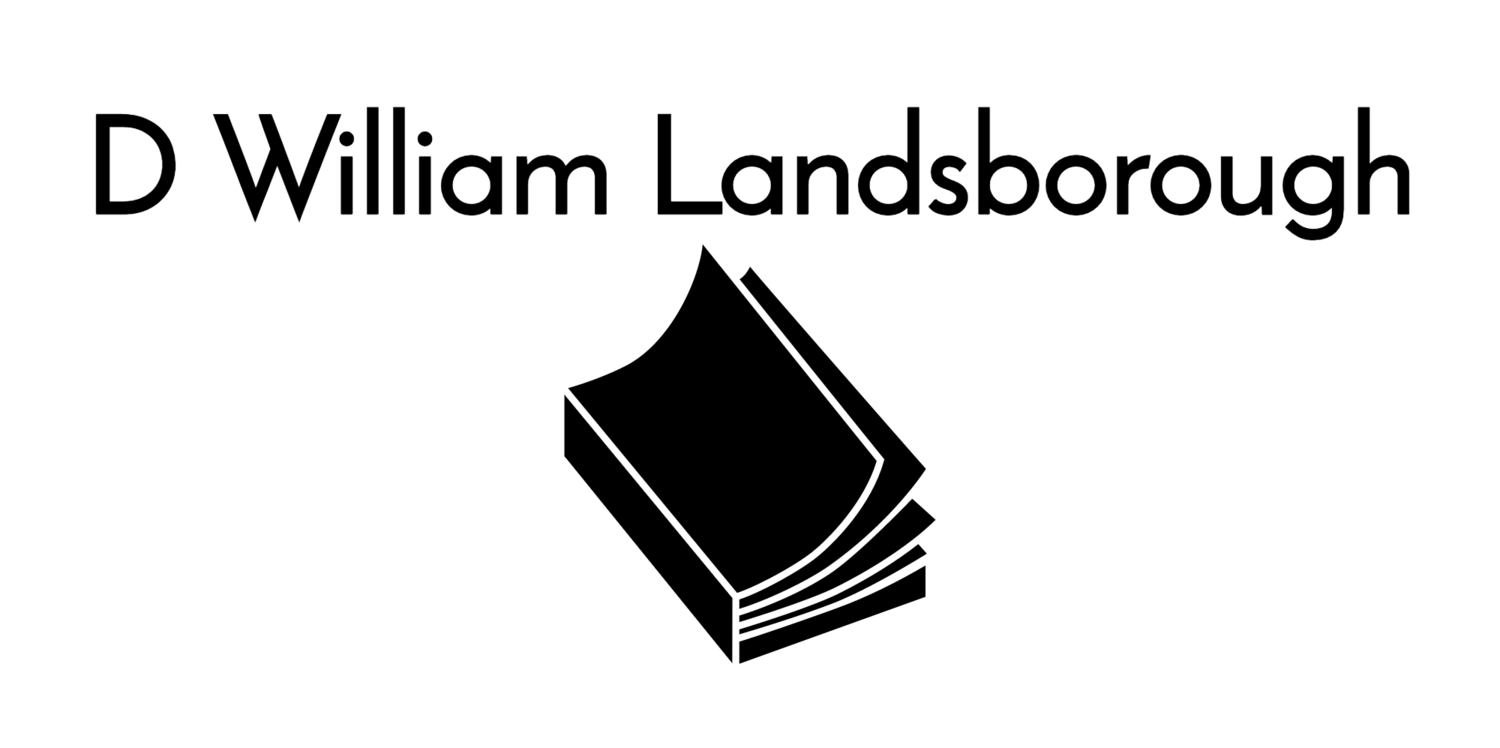As we continue to grow the Indie Author’s Guide to Social Media, we can see that different social media platforms can assist indie authors in different ways. Each comes with their own strengths and weaknesses, and each brings their own opportunities with them. But you wouldn’t be alone if you wondered which social media platform is the best for indie authors.
So, in today’s blog we will do a quick overview of the strengths and weaknesses of each of the big social media platforms, and then answer which of them is the best for indie authors.
Pros: Has the largest user base of any social media platform. Most refined social media. Most features available. Easily lets you connect with your fans. Easy promotion of your website and books/marketplace. Facebook ads reach huge amounts of people and create strong ROI. Easy to find groups to network within.
Cons: Not as easy to network on, compared to other social media platforms. Large audience means it is easy to get lost in the crowd. Posts from your page do not get pushed to every follower, only some. Advertising on Facebook is expensive (but for good reason).
Pros: Has a large user base. Hashtags let you easily identify tweets for others to find. Hashtag games and chats bring the community together. Strong indie author community. Great networking opportunities. Frequent self-promotion is not as frowned-upon as other platforms.
Cons: Twitter has been declining in popularity year over year. Twitter followers don’t have as great a conversion rate as other social media platforms. Tweets get lost in followers’ feeds. Twitter ads are not nearly as effective as paid ads on other platforms.
Pros: Easy platform to gather followers. Strong and growing community of readers and writers. One of the most popular social media platforms. Great for visual creatives. Has 120 times more engagement per follower than Twitter, and approximately 60 times more than Facebook.
Cons: A smaller indie author community than most. The majority of indie author work is written, not necessarily visual. Can be dwarfed by Instagram influencers who can have legions of followers.
Google+
Pros: Integration with Google gives you a huge boost to SEO. Google+ lets you easily connect with people based on shared interests. The fastest-growing social media platform out there.
Cons: Still not fully embraced by most social media users. Communities are subject to spamming if not administered properly. User base is only a fraction of other social media platforms. Features are not as fleshed out as other social media platforms.
Pros: Great image sharing, though for graphics rather than pictures like Instagram. Allows for a great combination of images and text in each post. Pinterest is consistently the highest driver of traffic to blogs and author websites. Pinterest posts do not disappear after being shared, letting them come up again and again.
Cons: Pinterest is harder to network on than nearly any other social media platform. Though Boards can be representative of a person, it is difficult to make a personal connection on Pinterest. People who are not graphically-inclined face a steep learning curve.
It is easy to see that each platform offers its own unique services that can benefit indie authors, but each also has its difficulties. So which one is the best? That is really up to you and your own talents and preferences. No two indie authors will use these platforms in the exact same way.
So which of the social media platforms do you use? If you haven't already, pick two or three of them and become an expert on them. Use them to their fullest advantage, and watch your indie author platform grow!
Be sure to leave a comment down below to let us know which social media platforms you are on. Are there any social media sites that didn't make the list that you'd like to see added? I would be happy to analyze it through the lens of an indie author!

